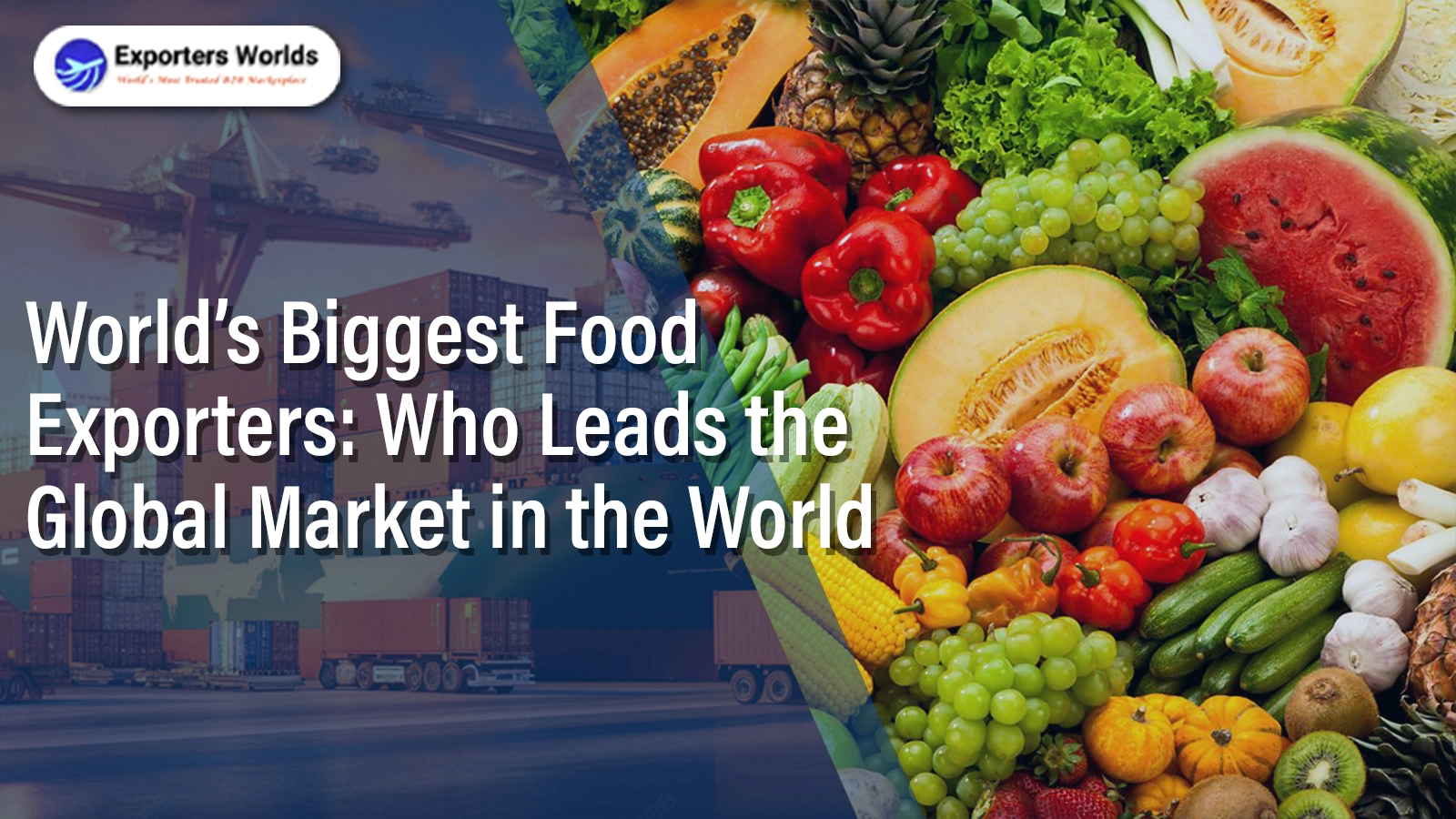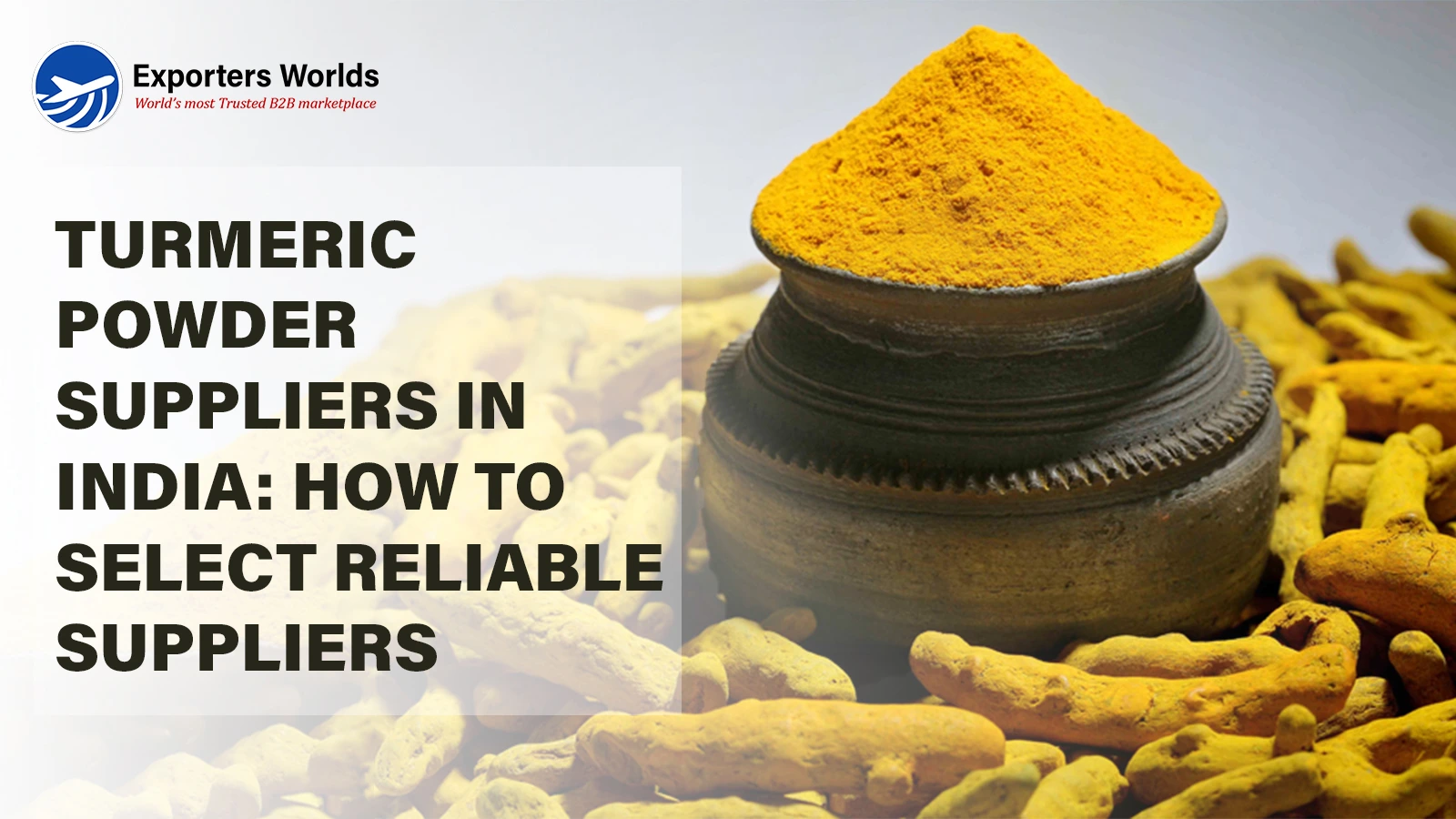How to Export Basmati Rice from India in 2025 | Top Export Strategies

In the global rice trade, India remains a leading exporter, particularly in premium basmati rice. This article will describe exporting basmati rice from India in 2025, discussing essential strategies, navigating regulatory complexities, and tapping into emerging market opportunities. Whether you are an established exporter or new to the field of basmati rice exporters in India, this guide aims to provide practical insights and actionable steps.
Additionally, we will examine the importance of non basmati rice exporters and how diversifying your export portfolio can open new markets and revenue sources. Understanding the significance of the non basmati rice exporters list and researching the list of rice exporters in India offers a competitive advantage. From analyzing the top 10 rice company in India known for quality and reliability to identifying emerging players among the top 10 non basmati rice exporters in India, this article serves as a resource on your export journey.
Explore the strategic aspects that make exporters successful, and how utilizing a comprehensive network of verified buyers and market intelligence can impact your rice export business in 2025 and beyond.
The Power Play: Why Basmati Rice Export From India Holds Unmatched Value in 2025
When you think of premium aromatic rice, basmati immediately comes to mind — a product synonymous with heritage, quality, and demand. Exporting basmati rice is not merely a transaction; it’s a commitment to maintaining centuries-old standards that define India’s reputation on the world stage.
Yet, the challenge lies in understanding the complexities that come with such an esteemed product. From certification norms to quality testing, and from international pricing pressures to logistical precision, basmati rice exporters in India face an intricate maze that demands expertise and strategic foresight.
Simultaneously, non basmati rice exporters in India are carving out their own substantial niche. With rising demand in African and Middle Eastern markets, these exporters complement the basmati segment by catering to bulk buyers looking for cost-effective yet quality alternatives. The non basmati rice exporters list has expanded significantly, reflecting the growing importance of diversification in India’s rice export ecosystem.
Navigating Regulatory Frameworks and Quality Standards: The Non-Negotiable Foundation
The cornerstone of any successful rice export venture in 2025 is strict adherence to regulatory frameworks and quality standards. Exporters must ensure compliance with the following certifications and regulations:
Export Inspection Council of India (EIC) approvals
-
Food Safety and Standards Authority of India (FSSAI) licensing
-
ISO certifications and HACCP compliance for food safety
-
Geographical Indication (GI) certification specific to basmati rice
List of rice exporters in India who excel in compliance often outperform competitors, especially those among the top 10 rice company in India, setting new standards in export quality and reliability. Exporters who stay ahead by anticipating import country-specific protocols significantly reduce shipment risks, as witnessed by several non basmati rice exporters who successfully expanded into regulated markets in recent years.
Mastering Market Entry: Identifying and Connecting with Verified Buyers
Successful rice exporting extends beyond the product; it demands forging strategic, trustworthy partnerships. To secure consistent business:
- Access verified global trade platforms that offer real-time buyer insights
- Leverage comprehensive list of rice exporters in India to benchmark standards
- Study the top 10 rice company in India that lead the market with innovation and reliability
- Prioritize transparency and quality assurance to build lasting relationships
By aligning your export strategy with verified buyers who demand consistent quality, you position yourself as a preferred partner in a competitive market. This approach is essential for both basmati rice exporters in India and non basmati rice exporters in India aiming to scale.
Recent Trends Shaping Rice Export in 2025: What Every Exporter Must Know
The global rice market is undergoing transformative shifts:
- Global rice demand is expected to grow at 2.5% annually over the next five years, driven mainly by Asia and Africa (International Rice Research Institute).
- Digital transformation in trade has accelerated, with AI-enabled platforms and virtual trade shows facilitating broader buyer-seller engagement.
- India’s basmati rice export volumes surged over 12% in the fiscal year 2023-24, while exports by non basmati rice exporters grew by 8%, indicating robust demand in both premium and bulk segments.
- The rise of top 10 non basmati rice exporters in India showcases increased focus on quality and compliance in bulk rice markets.
These trends underscore the importance of agility, tech adoption, and market diversification for exporters looking to stay ahead.
Logistics and Supply Chain Excellence: The Backbone of Export Success
Flawless logistics remain a critical determinant of profitability and reputation in rice exports. Exporters excelling in this domain typically:
- Partner with reliable freight forwarders experienced in handling agricultural commodities
- Invest in packaging innovations that preserve grain quality during transit
- Implement tech-enabled tracking and cold storage solutions to minimize spoilage
For instance, a 2023 case saw a Punjab-based exporter, among the list of rice exporters in India, reduce grain spoilage by 15% through these measures, leading to a lucrative long-term contract with a major European retailer.
The Competitive Edge: How to Stand Out as a Rice Exporter in India
In a crowded marketplace, standing out requires more than just excellent rice. Key differentiators include:
- Commitment to sustainability practices, such as organic certification and water-efficient farming
- Transparent supply chains that build buyer confidence
- Product innovation and brand differentiation to cater to niche and premium segments
Exporters integrating these elements often enjoy stronger market penetration and premium pricing. Observing the strategies of the top 10 rice company in India and the top 10 non basmati rice exporters in India provides valuable insights into what drives success.
Case Study: How a Mid-Sized Exporter Broke Into the European Market in 2024
A mid-sized basmati rice exporter in India from Punjab, leveraging a trusted export platform, connected with verified buyers in Europe. By upgrading packaging and quality assurance, they met stringent EU standards and expanded into African and Middle Eastern markets via non basmati rice exporters channels. This diversified approach increased their revenue by 25% within a year, illustrating the power of smart networking and product range expansion.
Final Thoughts: Elevate Your Rice Export Business with the Right Network and Insights
Exporting basmati rice from India in 2025 is an opportunity filled with promise but also layered with complex challenges. Mastering compliance, leveraging verified buyer networks, and optimizing your supply chain are essential pillars for long-term success.
The basmati rice exporters in India set high standards globally, while non basmati rice exporters in India open new doors with volume and diversification. Keeping track of the non basmati rice exporters list and observing the strategies of the top 10 rice company in India will keep you informed and competitive.
To scale your rice export business confidently, access to a seamless, trustworthy network connecting you to verified buyers and industry expertise is indispensable. This comprehensive support ecosystem, epitomized by Exporters Worlds, empowers you to build sustainable, scalable, and successful export operations.
FAQ
1. How can I quickly connect with verified buyers to grow my basmati rice exports?
Connecting with verified buyers is crucial in a market where over 60% of international trade deals face trust issues or delayed payments. Exporters Worlds leverages an extensive global network of verified buyers, cutting down the average sourcing time by up to 40%. This platform specifically caters to basmati rice exporters in India, ensuring faster, safer access to high-value buyers who meet stringent quality and reliability standards.
2. Where can I find a reliable and updated non basmati rice exporters list for effective business connections?
Industry reports show that inaccurate or outdated contact lists cause exporters to lose nearly 25% of potential business opportunities annually. Exporters Worlds solves this by maintaining a comprehensive and regularly refreshed non basmati rice exporters list, helping Indian exporters tap into verified suppliers and buyers. This list includes many companies featured among the top 10 non basmati rice exporters in India, providing a critical edge in competitive global markets.
3. Is there a platform that offers both marketing tools and buyer verification to support rice exporters’ growth?
Research indicates that exporters who utilize integrated marketing and verification tools report up to 35% faster deal closures. Exporters Worlds combines these essential services, offering marketing automation alongside strict buyer verification. This dual advantage empowers not only the top 10 rice companies in India but also emerging exporters to boost visibility and secure trustworthy partnerships, streamlining their entry into international markets.
4. What are the key challenges faced by non basmati rice exporters in India, and how can they overcome them?
Non basmati rice exporters in India encounter market fluctuations with price volatility swings of up to 15% annually, along with inconsistent quality standards impacting export credibility. Overcoming these challenges requires reliable market intelligence, verified buyer networks, and efficient supply chain logistics. Partnering with trade facilitation platforms that emphasize transparency and quality assurance can reduce risks and improve export success rates significantly.
5. How important is it to choose the right export partners when entering international rice markets?
According to global trade studies, 70% of export failures are linked to poor partner selection or lack of due diligence. Selecting trusted export partners ensures compliance, reduces shipment delays, and safeguards product quality. Platforms like Exporters Worlds provide exporters with verified partners and essential trade support, helping maintain operational efficiency and trustworthiness in a highly competitive international marketplace.




